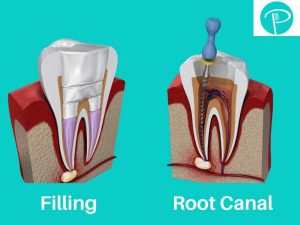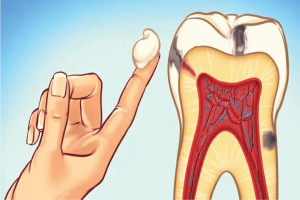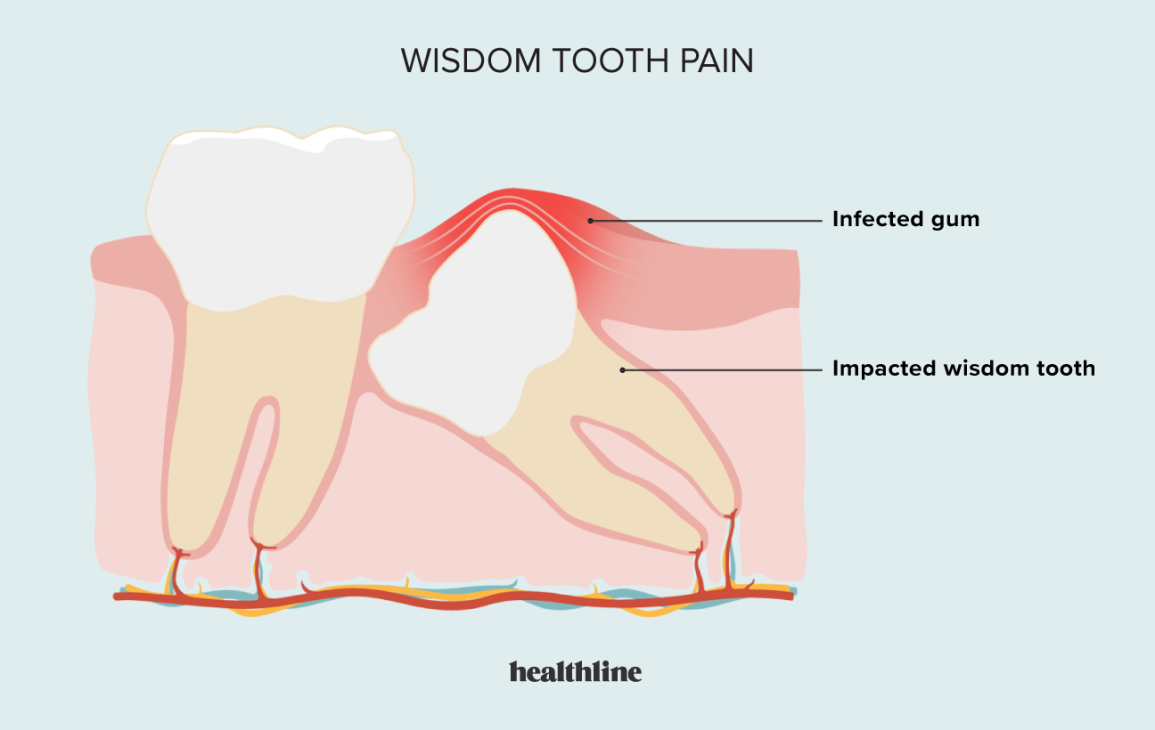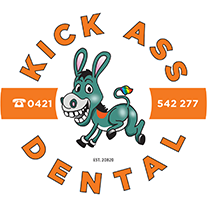Does Tooth Nerve Pain Go Away?
Understanding Tooth Nerve Pain
Tooth nerve pain, also known as tooth sensitivity or toothache, can be an incredibly uncomfortable and distressing experience. It occurs when the nerves inside the tooth become irritated or damaged, resulting in varying levels of pain or sensitivity.
While toothaches can be caused by several factors, such as tooth decay, gum disease, dental trauma, or even teeth grinding, the question that often arises is whether tooth nerve pain goes away on its own or requires professional intervention.
Factors Influencing the Duration of Tooth Nerve Pain
The duration of tooth nerve pain can vary based on several factors. Here are some key considerations:
Underlying Cause
The underlying cause of tooth nerve pain plays a significant role in determining how long it will persist. If the pain is due to a minor issue like temporary sensitivity or mild inflammation, it may go away on its own with time and proper oral hygiene. However, if the pain is caused by more severe problems like a dental infection or nerve damage, professional treatment will likely be necessary to alleviate the pain.
Timely Intervention
Seeking timely dental intervention can make a substantial difference in how quickly tooth nerve pain resolves. Ignoring the pain or delaying a visit to the dentist can worsen the condition and prolong the discomfort. If you’re experiencing persistent tooth nerve pain, it’s essential to consult a dental professional to identify the underlying cause and receive appropriate treatment.

Treatment Options
The specific treatment options employed for tooth nerve pain will also impact how long the pain lasts. For example, if a toothache is caused by tooth decay, a dental filling may be sufficient to alleviate the pain and restore oral health. However, if the tooth is severely infected or damaged, a root canal procedure may be required to remove the affected nerve tissue and relieve the pain.
When to Seek Professional Help
While some cases of tooth nerve pain may resolve on their own, it is crucial to recognize situations where professional dental care is necessary. Consider the following scenarios:
Severe or Prolonged Pain
If the tooth nerve pain is severe, intense, or persists for an extended period, it is essential to seek immediate dental attention. These symptoms could indicate more severe dental issues that require professional treatment.
Swelling or Infection
Any signs of swelling, redness, or discharge around the affected tooth may indicate an infection. In such cases, it is crucial to visit a dentist promptly as untreated infections can lead to further complications and systemic health issues.
Difficulty Eating or Sleeping
If tooth nerve pain significantly impacts your ability to eat, chew, or sleep, it is recommended to consult a dental professional. Persistent pain that affects your daily life should not be ignored and may require intervention. https://kickassdental.com.au/dentist-in-croydon-park/
Preventing Tooth Nerve Pain
Prevention is always better than cure when it comes to tooth nerve pain. Here are some tips to help you maintain good oral health:

Maintain Proper Oral Hygiene
Brush your teeth twice a day with fluoride toothpaste and floss regularly to remove plaque and prevent tooth decay. This simple routine can go a long way in preventing tooth nerve pain.
Visit the Dentist Regularly
Regular dental check-ups are essential for identifying any dental issues early on. Your dentist can detect and treat problems before they develop into severe conditions causing tooth nerve pain.
Use a Soft-Bristled Toothbrush
Opt for a soft-bristled toothbrush to avoid damaging your tooth enamel and gums. Hard-bristled brushes can contribute to tooth sensitivity and gum recession, leading to tooth nerve pain.
In Conclusion
Tooth nerve pain can vary in duration depending on the underlying cause, timely intervention, and treatment options. While some cases of tooth nerve pain may go away on their own, it is crucial to seek professional dental care if the pain is severe, prolonged, or accompanied by other concerning symptoms. By practicing good oral hygiene and seeking regular dental check-ups, you can prevent tooth nerve pain and maintain optimal oral health.





